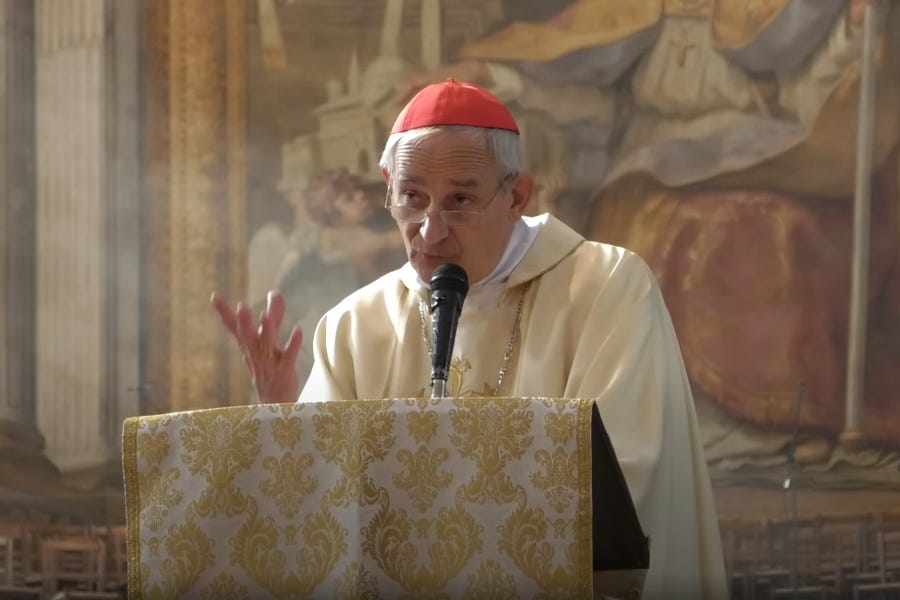Why is Cardinal Zuppi back in Moscow?
Here’s what’s different about the Vatican peace envoy’s second Russia trip.
Cardinal Matteo Zuppi returned to Moscow Monday, 15 months after his first visit to Russia as the Vatican’s peace envoy.

What is the Italian cardinal doing back in Russia? How is this trip different from his last, in June 2023?
And will Zuppi also head …
